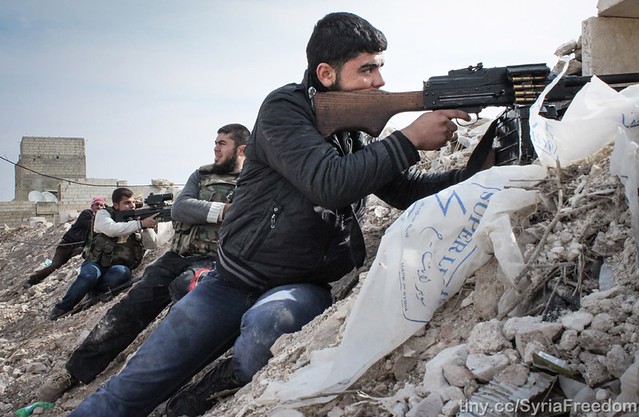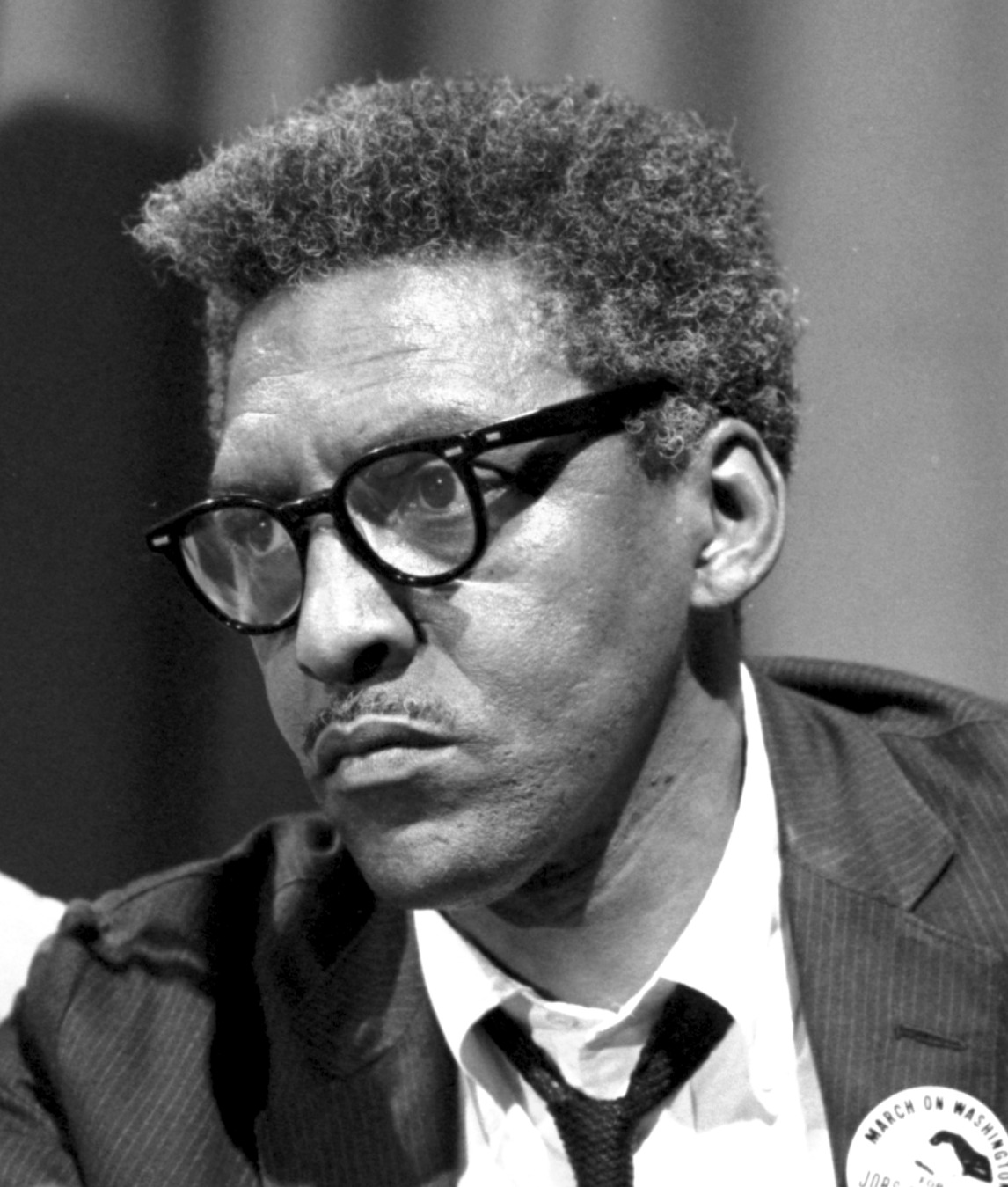conscience will be no different, seeking to deliver a programme of campaigning, research and events to deliver real change to British foreign policy.
In 2015 we will launch the consultation of a Peace Tax Bill – enabling conscientious objectors to military taxation to redirect the military proportion of their taxes towards more effective non-military peacebuilding. This bill has the ability to radically alter our relationship with the state and to warfare in general – with the funding of the military then taken at an individual level rather a state level.
We will also be looking to kick off the year with our
People’s Parliament event in February kindly hosted by long standing conscience supporter John McDonnell MP.
Other guests will include Dylan Mathews incoming CEO of Peace Direct, Shahrar
Ali Deputy Leader of the Green Party and Richard Reeve Director of Sustainable
Security at the Oxford Research Group.
They all have extensive expertise in alternatives to military intervention and will add much to the debate about how we as a society can move away from ever-increasing militarism.
In March we will be sending out our spring newsletter – with a particular focus on the General Election and how to influence Parliamentary Candidates in your area to adopt policies that will contribute to a more peaceful world. We will be publishing ‘5 Peace Pledges’ as part of the upcoming general election as a tool to focus minds for those who wish to campaign or are interested in running for office.
After the election we are hoping to host a roundtable in Parliament working with Jeremy Corbyn MP to discuss the priorities in peaceful policy making for the next Parliament bringing together leaders in the peace movement with politicians to develop best practice in conflict prevention.
May will see the launch of the government’s Conflict, Stability and Security Fund (CSSF) a new £1 billion successor to the Conflict Pool that will seek to build on the approach of deploying resources that deal with the root causes of conflict rather simply applying military solutions to symptoms.
While this is a welcome shift in strategy and an increase in funding, there are still concerns on the transparency and effectiveness of the money spent and conscience is currently working with DFID and the FCO to ensure that the CSSF is as successful as possible on launch.
After the summer the political conference season will be upon us and conscience will be seeking representation at the three main party conferences this autumn. We will be looking to promote our Peace Tax Bill which is to be read in Parliament in 2016.
We will be looking to develop relationships with the new intake of MPs and promote a peaceful shift in foreign policy towards more diplomatic and preventative solutions and looking at how peacebuilding organisations are working against terror threats and more conventional threats.
Finally we will be bringing together feedback from the party conferences and our public consultation to put together the final draft of the Peace Tax Bill to be presented before Parliament on the 100 year anniversary of the Military Services Act 1916 which brought in conscription in the UK and also gave Conscientious Objectors the legal right to refuse military service.
This will send a powerful message to parliament that whilst we are free from bodily conscription, we are still conscripted financially into warfare through the tax system and this has always been and continues to remain unacceptable to people of conscience.
That’s our plan for 2015 – thank you all for continuing to support us – if you’d like to get involved in our campaign feel free to get in contact at Campaign@ConscienceOnline.org.uk or if you like to join us at the people’s parliament get your free ticket here.
Happy New Year and peace to all, from everyone at conscience.
They all have extensive expertise in alternatives to military intervention and will add much to the debate about how we as a society can move away from ever-increasing militarism.
In March we will be sending out our spring newsletter – with a particular focus on the General Election and how to influence Parliamentary Candidates in your area to adopt policies that will contribute to a more peaceful world. We will be publishing ‘5 Peace Pledges’ as part of the upcoming general election as a tool to focus minds for those who wish to campaign or are interested in running for office.
After the election we are hoping to host a roundtable in Parliament working with Jeremy Corbyn MP to discuss the priorities in peaceful policy making for the next Parliament bringing together leaders in the peace movement with politicians to develop best practice in conflict prevention.
May will see the launch of the government’s Conflict, Stability and Security Fund (CSSF) a new £1 billion successor to the Conflict Pool that will seek to build on the approach of deploying resources that deal with the root causes of conflict rather simply applying military solutions to symptoms.
While this is a welcome shift in strategy and an increase in funding, there are still concerns on the transparency and effectiveness of the money spent and conscience is currently working with DFID and the FCO to ensure that the CSSF is as successful as possible on launch.
After the summer the political conference season will be upon us and conscience will be seeking representation at the three main party conferences this autumn. We will be looking to promote our Peace Tax Bill which is to be read in Parliament in 2016.
We will be looking to develop relationships with the new intake of MPs and promote a peaceful shift in foreign policy towards more diplomatic and preventative solutions and looking at how peacebuilding organisations are working against terror threats and more conventional threats.
Finally we will be bringing together feedback from the party conferences and our public consultation to put together the final draft of the Peace Tax Bill to be presented before Parliament on the 100 year anniversary of the Military Services Act 1916 which brought in conscription in the UK and also gave Conscientious Objectors the legal right to refuse military service.
This will send a powerful message to parliament that whilst we are free from bodily conscription, we are still conscripted financially into warfare through the tax system and this has always been and continues to remain unacceptable to people of conscience.
That’s our plan for 2015 – thank you all for continuing to support us – if you’d like to get involved in our campaign feel free to get in contact at Campaign@ConscienceOnline.org.uk or if you like to join us at the people’s parliament get your free ticket here.
Happy New Year and peace to all, from everyone at conscience.
















